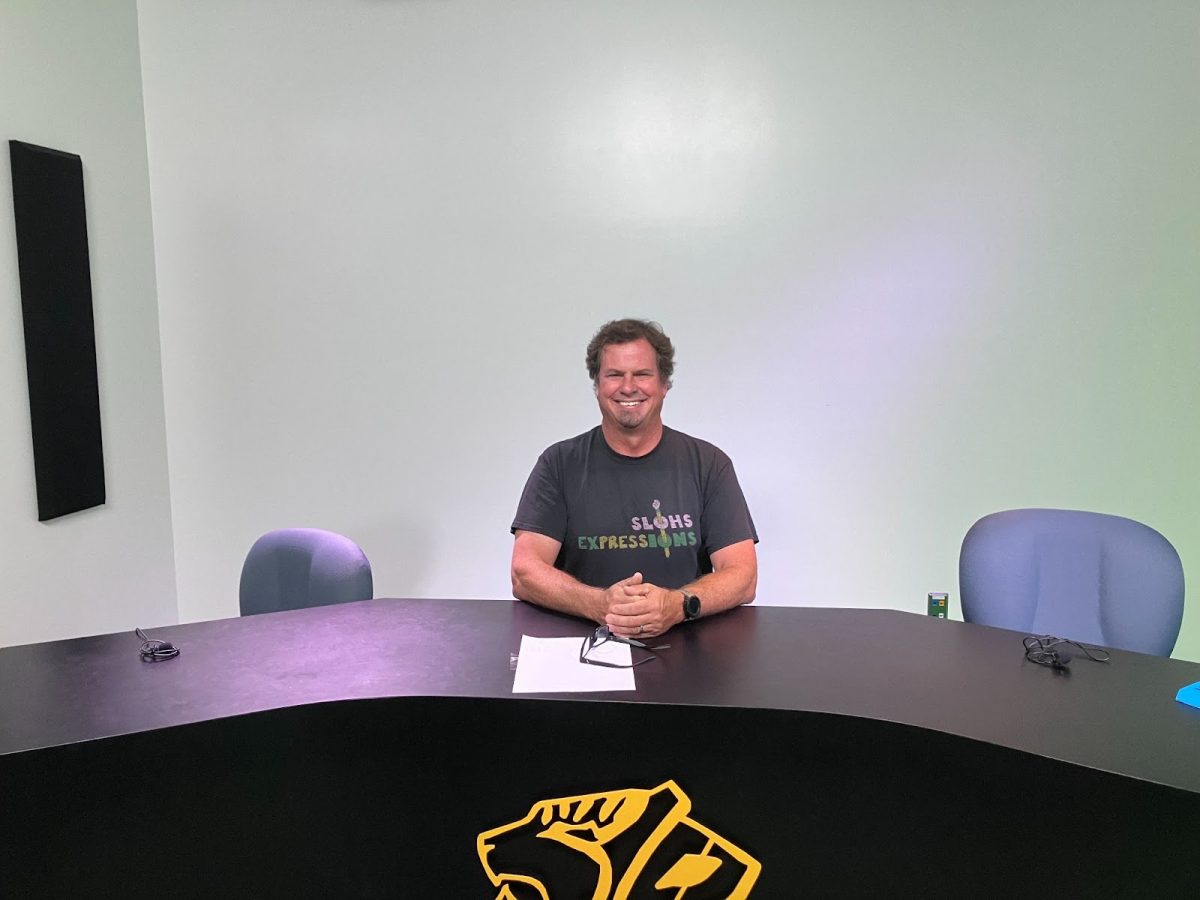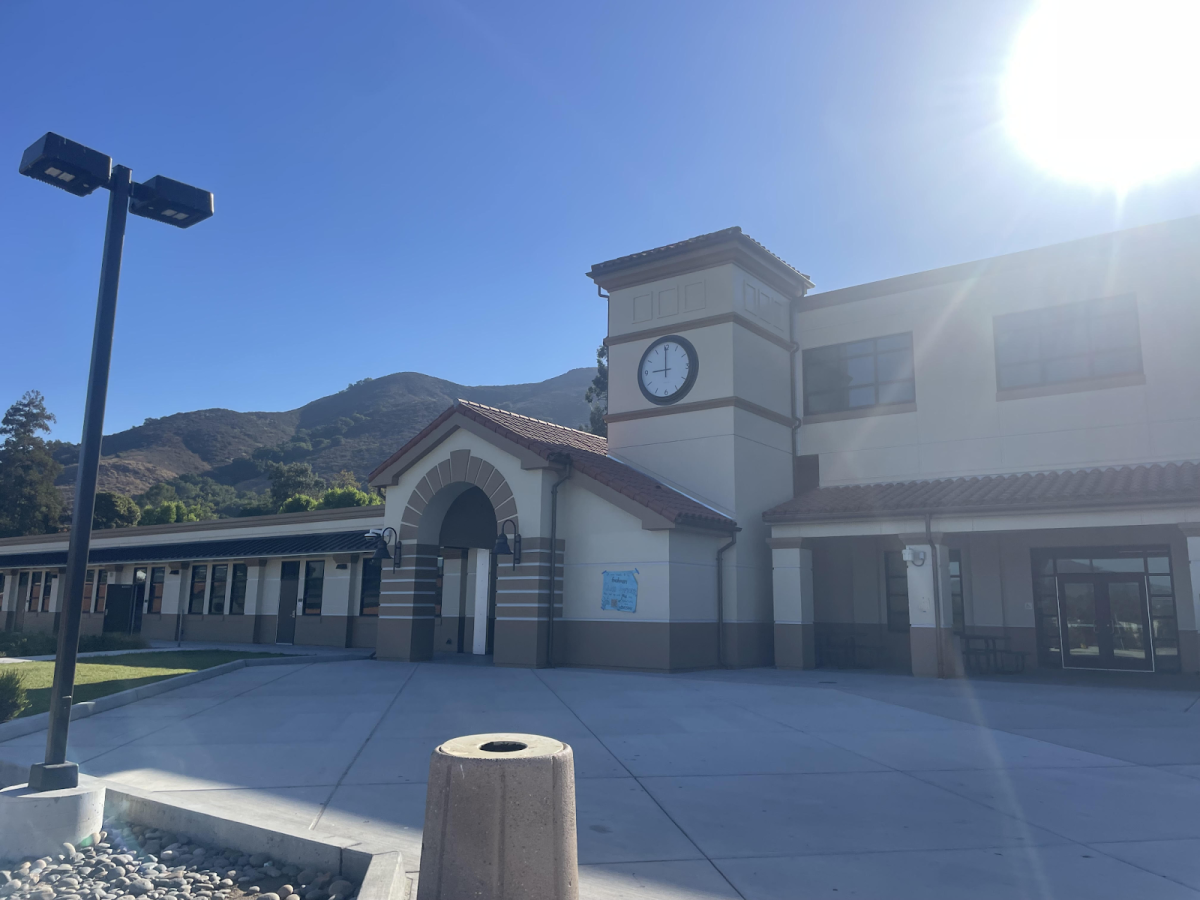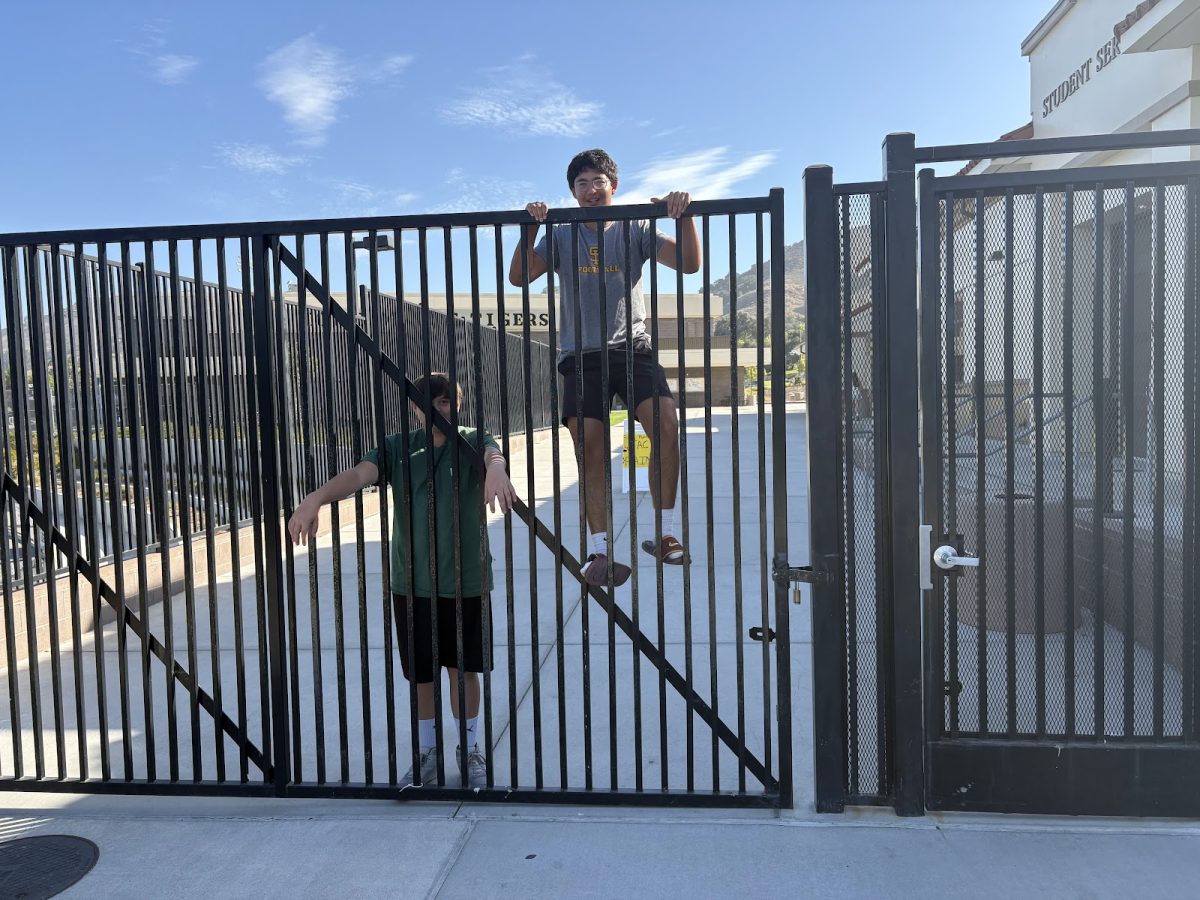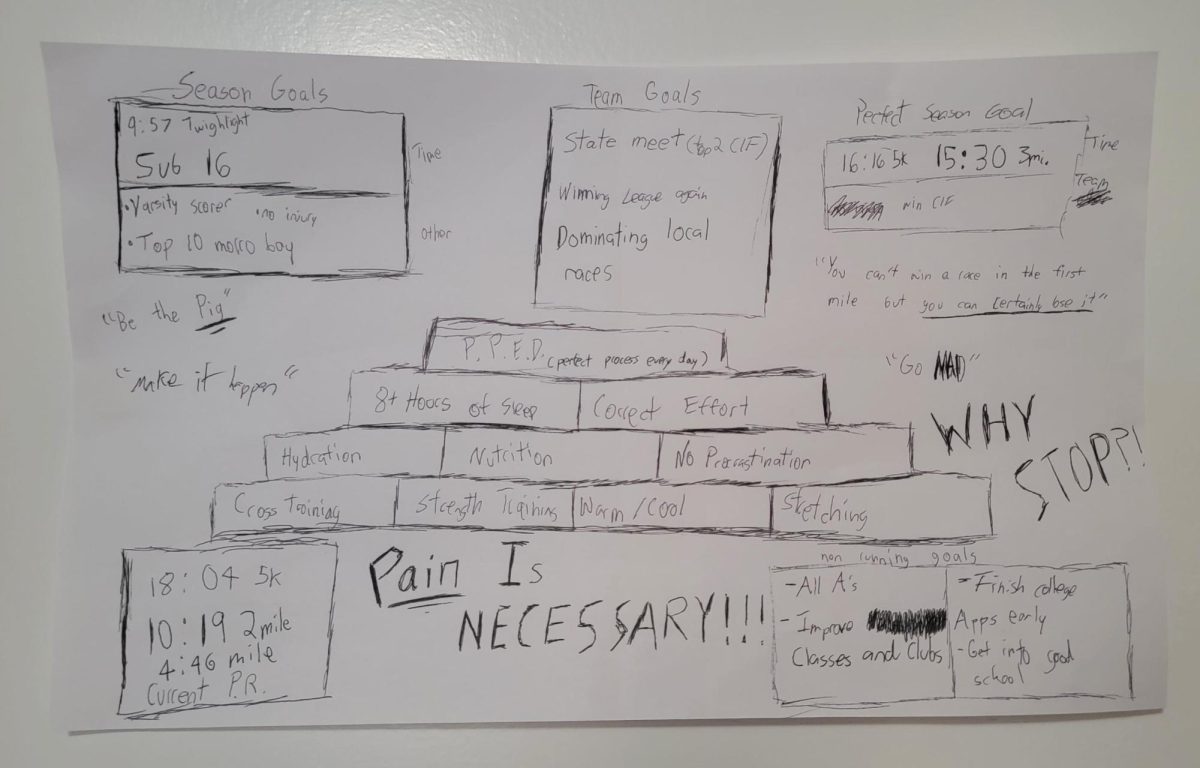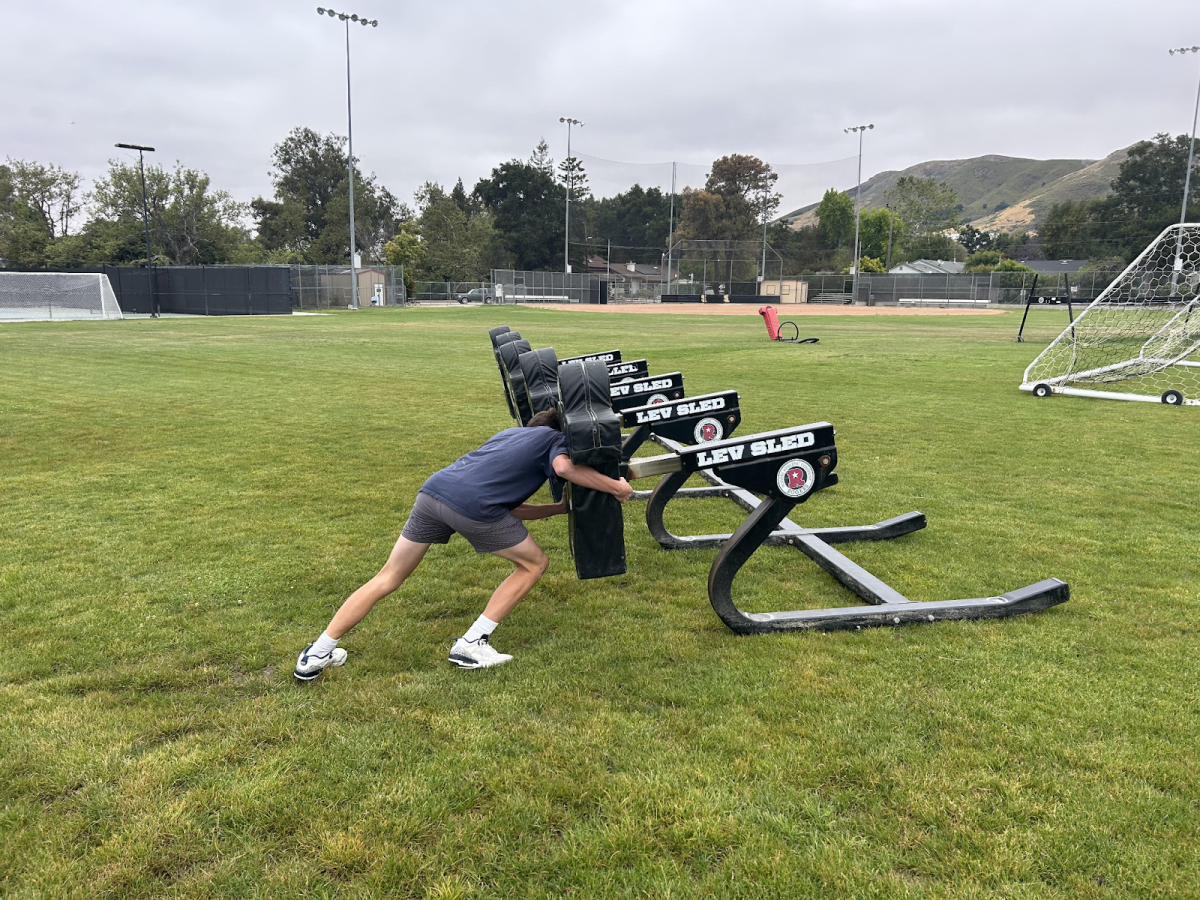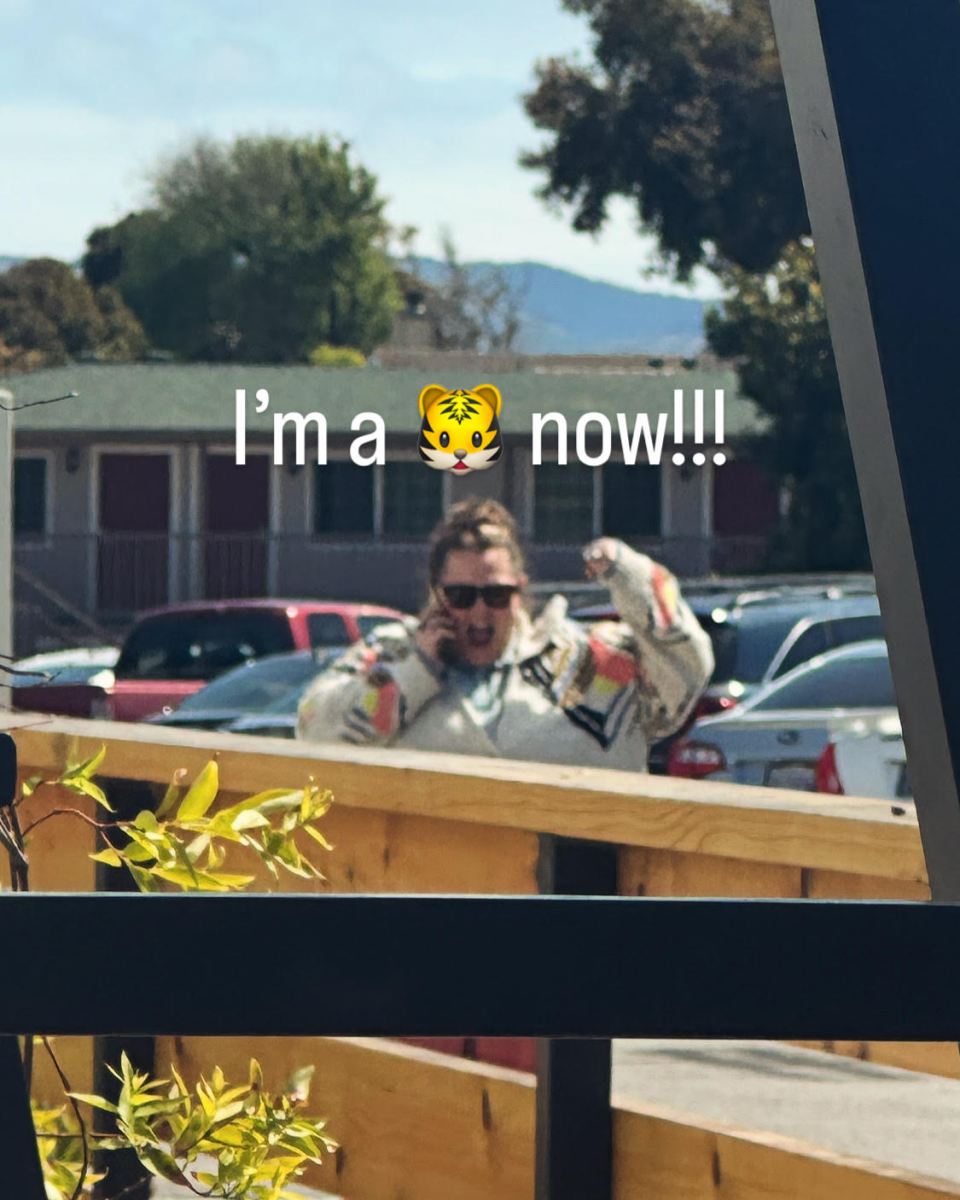As a minority, Latino students face discrimination all across the United States, even here at San Luis Obispo High School. This animosity is focused particularly on immigrants. However, SLOHS students are not powerless to stop this prejudice. Three former residents of Spanish-speaking countries at SLOHS hope to enlighten our school on discrimination and encourage our community to better support these important members of our society.
Expressions: What country do you come from or does your family come from?
Spanish teacher Nelly Caminada: I’m from Peru. I moved to Santa Maria in 1991, thanks to a student visa.
Freshman Sophia García: My family comes from Chile, but I was born in the United States. Every year I live in Chile for a month or more.
Freshman Jesús Rodríguez: Before moving to the United States, I lived in the state of Zacatecas in Mexico, and I moved here in April.
Expressions: In what ways is the United States different from your country of origin?
García: It’s a very different culture. Whenever I go to Chile, I get a cultural shock. In Chile, people are warmer. When you go to a neighbor’s house they always have food or something to drink and you can stay there for a long time if you want.
Rodríguez: Personally, I’ve seen a big difference between the United States and Mexico, because, in Mexico, I did not go out very much, because it’s a bit unsafe to be outside on the street for a long time.
Expressions: Have you been treated differently in the United States than how were you treated in your country of origin?
Caminada: In Peru, racism is deeply rooted and discrimination is open and ignorant. In places where I have lived in the United States, although less obvious on the surface, it is more systematic and dangerous.
García: In Chile, although I have a passport from the United States, they are all so loving because I lived there. I do not think I have been treated differently, in the United States or in Chile.
Expressions: What is the most difficult thing about being an immigrant in America?
Caminada: The salary and purchasing power of an immigrant. Obtaining a university degree is almost impossible if one has no family or institutional support.
Rodríguez: Try to communicate with people, because they don’t speak my language.
Expressions: What should SLOHS change to better support recent immigrants?
Caminada: Observe the student individually and avoid superficial reactions. What do they want to surround themselves with? What activities do they like to do? What plans do they have? What is their way of thinking, their perspective? Give them pencils or notebooks: it is easy but it is only the surface. Not expecting academic responsibility is an insult.



